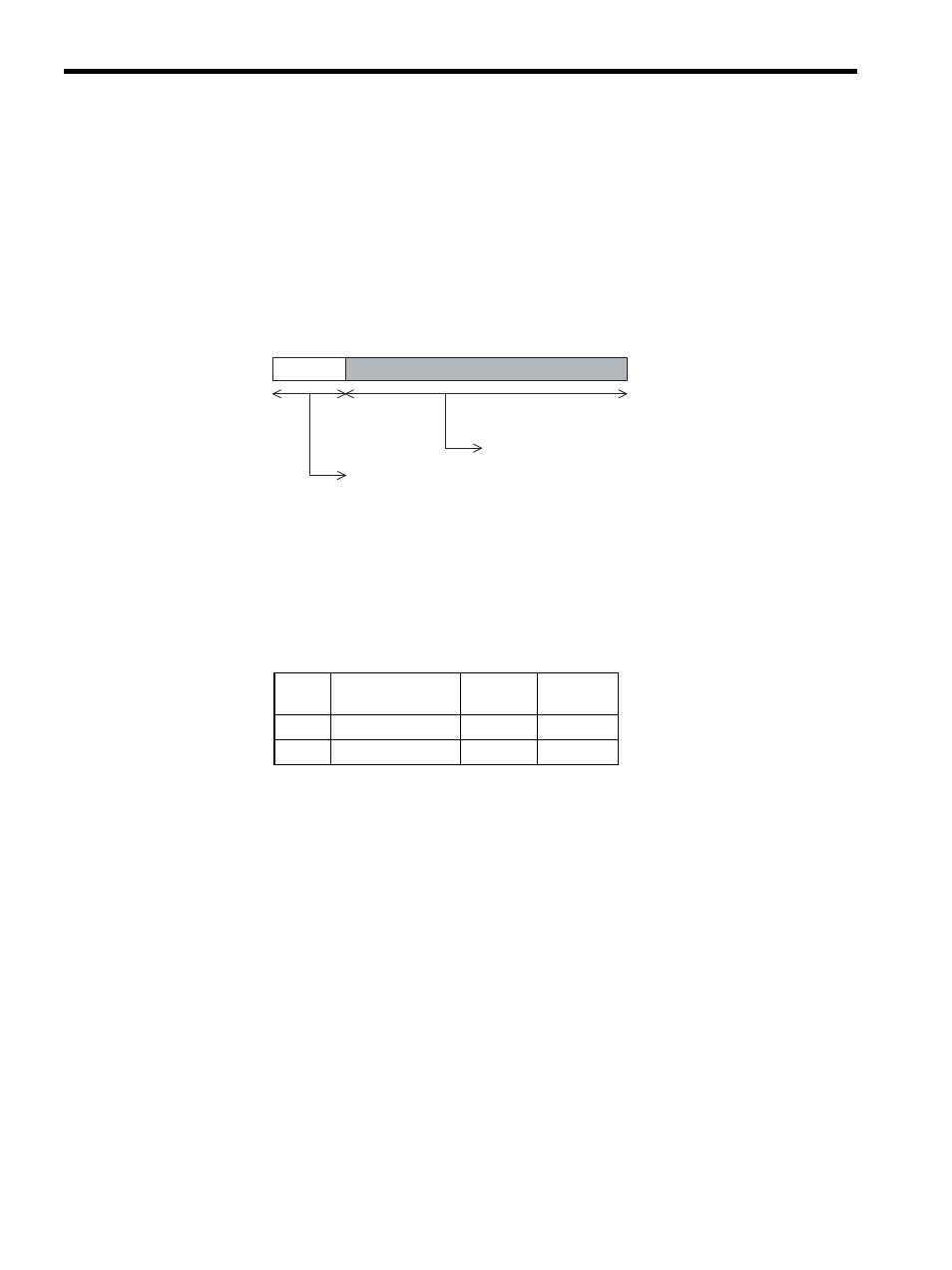B.3 general-purpose messages, B.3.1 message configuration, List of general-purpose message commands – Yaskawa MP920 Communications Module User Manual
Page 275

Appendix B 218IF Messages
B.3.1 Message Configuration
B-26
B.3
General-purpose Messages
B.3.1
Message Configuration
When the no-protocol mode is set as the communications protocol, application data can be
handled as general-purpose messages.
When data is sent and received, each message consists of two elements: A header and appli-
cation data.
The part shown by the dotted lines can be handled only by the 218IF.
The header is used for TCP/IP and UDP/IP. The user program need not be aware of this
header because it is automatically added or deleted by the 218IF.
The format of the application data can be freely set. The operation codes have the message
structure shown below, according to the code that is set in the connection parameter.
The difference from the general-purpose message mode of the Extended MEMOBUS proto-
col is that the EIF header may or may not be added in front of the application data.
List of General-purpose Message Commands
These commands are freely set by the application.
No.
Communications
Protocol
Code
Reference
1
No protocol
Binary
B.3.2
2
No protocol
ASCII
B.3.3
Header
TCP/IP header
General-purpose messages:
Only this part is handled by the application program.
Application data
